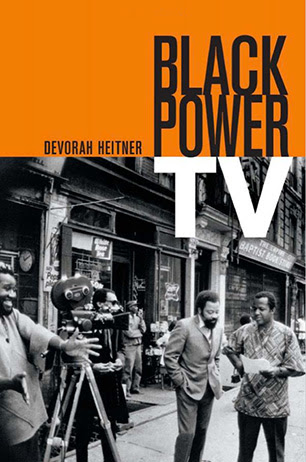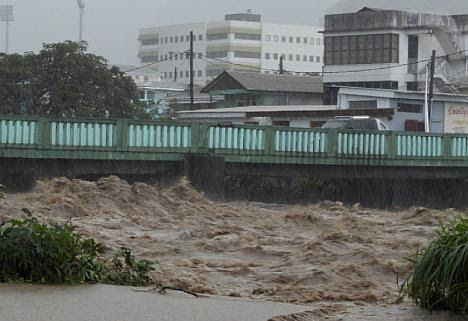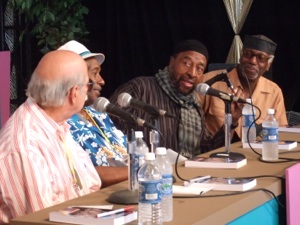by ANTHONY PAPA
A new report by Human Rights Watch titled “An Offer You Can’t Refuse” reveals that only three percent of U.S. drug defendants in federal cases chose to go to trial instead of pleading guilty in 2012.

By Rosa Brooks, Popular Resistance
A closer look at America’s incarceration nation.

Long before Rev. Al Sharpton and Melissa Harris-Perry anchored talk shows on MSNBC, and long before the nightly news was read by people of color, several public television stations took tentative steps to bring the voices and faces of African Americans into US homes.

KINGSTOWN, St Vincent — The confirmed death toll following severe rains and high winds generated by an unseasonal low level trough system that impacted the Eastern Caribbean islands of Dominica, Saint Lucia and St Vincent…

Mandela, the beautifully illustrated children’s book by Kadir Nelson, has been selected as one of the top books on Nelson Mandela by many groups including Colorlines and Kirkus Reviews.

We just experienced a shameful milestone in the history of U.S. media — and barely anyone noticed.
This year began with promise. But, it ended with disappointment for many African-Americans. Tragically, this country is quite used to bad things happening to Black people especially within the justice system.

At the close of his autobiography, Yusef A. Lateef, the renowned musician, composer, and Grammy-winning recording artist wrote, “My life has been a series of ‘warm receptions,’…

An unprecedented phenomenon is happening globally. Five disruptive technologies are converging at once: cloud computing, Big Data, social media, mobile computing and the proliferation of sensor networks.
By Robert Creamer
Three days after Christmas, unemployment benefits end for 1.3 million people who have exhausted their state unemployment benefits, but still can’t find a job.

Though many Americans don’t know much about Kwanzaa, it’s a beautiful holiday that all can share in. Akiba Solomon of Colorlines.com, federal civil rights attorney Charles Coleman Jr., and Donna Washington, author…

For all the kids watching at home, Santa just is white . . . Santa is what he is . . . Just because it makes you feel uncomfortable doesn’t mean it has to change. You know, I mean, Jesus was a white man, too. . . . He was a historical figure; that’s a verifiable fact, as is Santa. – Megyn Kelly, Fox News, December 11, 2013














